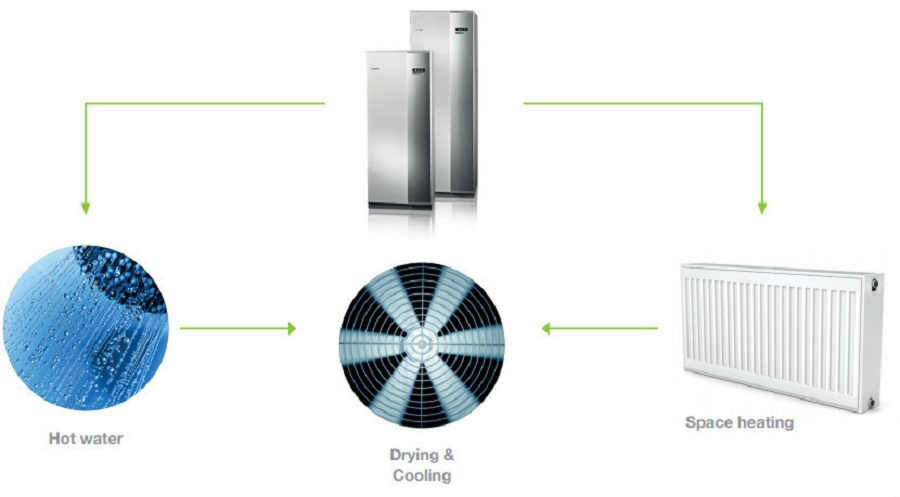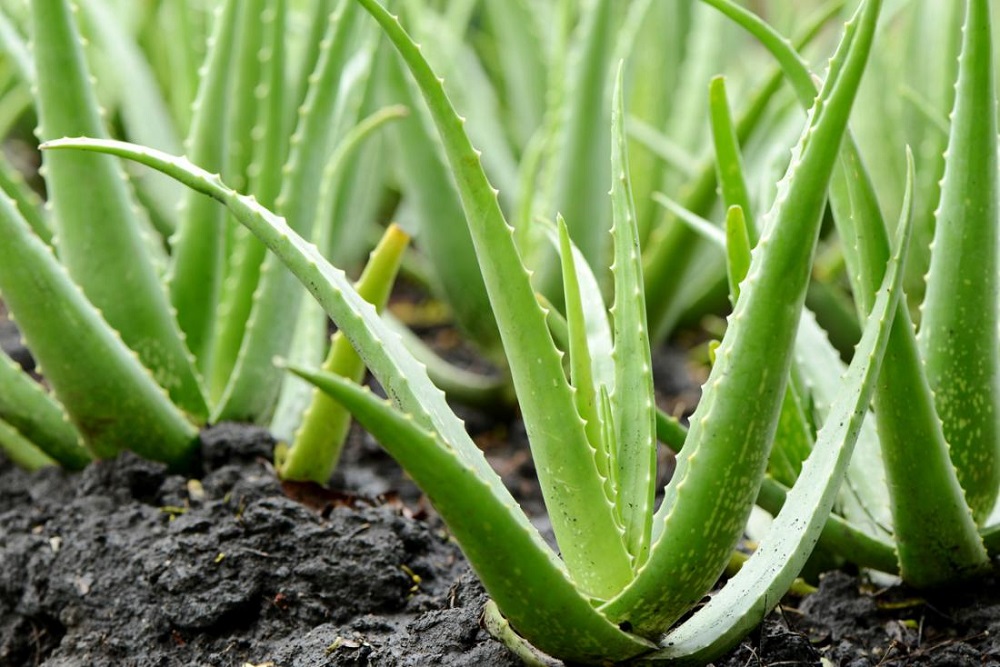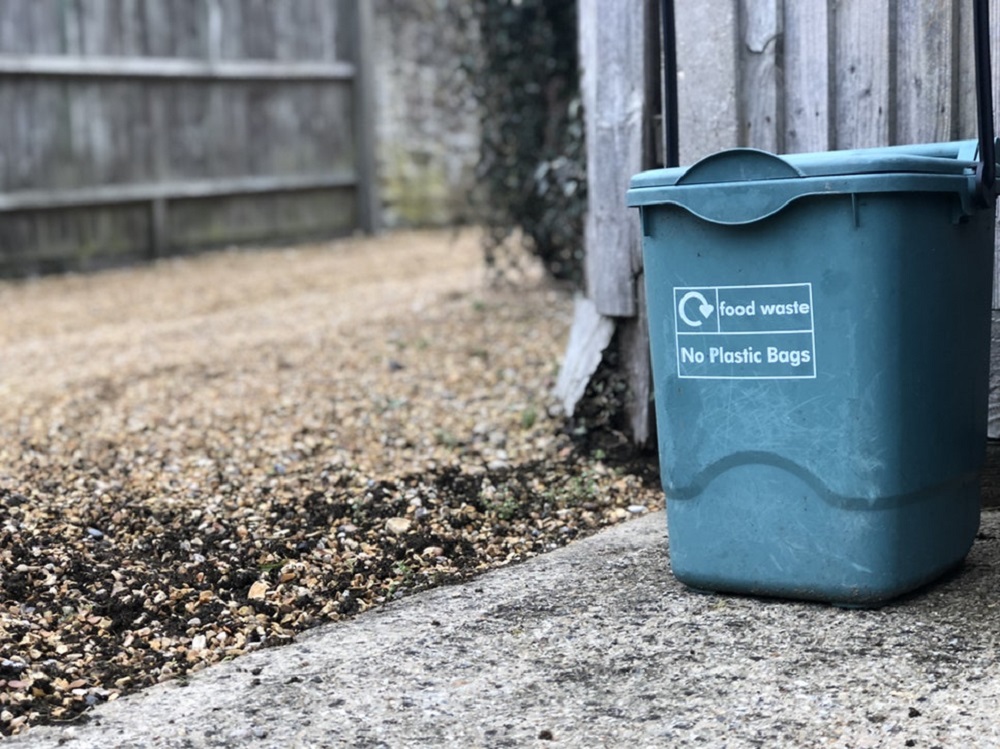Sign up to our newsletter!
No matter if you are moving, or improving, our newsletter is packed with the best tips, tricks and ideas to help you dwell well.
There are a growing number of studies which prove this as well, finding that nature is vital to making us both healthier and happier. Why not use that information to your advantage, by making some ‘natural’ additions inside your home?
Here are a few ideas on how to utilise nature to nurture your home:
With atmospheric carbon dioxide levels on the rise, climate change has been a very hot topic in recent years. As such, many people are now trying to do their bit to protect the planet – whether that be recycling more often or reducing their food waste.
Installing a sustainable heating system in your property, which uses natural resources to generate energy, can also be a fantastic way of protecting the planet. What’s more, it could also save you a ton of money on your heating bills, so what’s not to like!
Whether you choose to install solar panels on your roof, a hydropower system in your garden’s stream or a ground source heat pump in your backyard, there are many eco-friendly options to think about. Let’s take a brief look at the main choices to consider:
Solar Panels. These are usually fairly large and are most commonly installed onto roofs. They harness energy from the sun, using photovoltaic cells to convert the sun’s rays into a form of electricity that can be used to power your home.
Ground Source Heat Pumps. If you have a fridge-freezer, you already have a small version of a ground source heat pump in your home. These operate by making one place cooler while making another warmer – or the other way around. They extract heat from the ground to generate energy.

GSHP’s can also save you money as “the heat is generated at a lower cost than heat sourced through conventional means such as mains gas, oil and electricity. Therefore, you’ll also see a significant reduction in your energy bills”, Geo Green Power. (inc. image)
Wind Power. Wind power does exactly what it says on the tin – generating power from windy environments. It might not be a viable option for most people though, as it requires extensive area coverage to produce any significant amount of energy.
Biomass Heating. This is an eco-friendly, cost-effective heating system which uses natural resources, such as wood pellets, wood chip, logs or straw bales, to heat your home. Again, it might not be practical for everyone to use, as it requires a lot of space, but it is a great example of how to use nature to your advantage.
Plants are fantastic at not only prettifying your home, but also improving the quality of your air. They convert atmospheric carbon dioxide into oxygen which we then breathe in, and help keep the air clear of any harmful pollutants.
Here are some of the best plants you should consider for your home:

Source: Medical News Today
Aloe Vera. If you’ve ever been sunburnt, you probably already know how great aloe vera is for healing burns and detoxing the body. They grow best in sunlight and are great for maintaining air quality.
English Ivy. According to NASA, English ivy is the very best air-filtering plant there is. It’s also incredibly easy to grow and can be used as either a hanging plant or a floor plant.
Rubber Tree. One of the easiest plants to grow, rubber plants are a low maintenance choice which are fantastic at eliminating toxins. They also thrive in dim lighting and cooler temperatures, so are perfect for the British climate.
Bamboo Palm. Another one of NASA’s top choices, the Bamboo Palm is great at getting rid of benzene and trichloroethylene, helping keep your home nice and stress-free. They do require a lot of water, but aren’t too difficult to keep looking great.
A guide to 20 plants that help purify toxins, improve indoor air quality and how to care for them.
Water is a finite source so it’s important to conserve as much of it as we can. Plus, you’ll help cut down your water bills in doing so.
Installing a water butt in the garden can be an effective method of both conserving water and utilising nature. This works by collecting water as it rains, allowing you to use that water to clean your car and water your plants, instead of having to use water from the tap.
For smaller houseplants, or if you don’t have enough room in your garden for a water butt, you could even use empty jam jars to collect the rainwater instead.
Food waste is a huge problem worldwide, with approximately 1.3 billion tonnes being lost or wasted each year. That’s equivalent to 217 million elephants.

Choosing to compost is a great way of combatting against the food waste problem, allowing you to use nature to your advantage in growing your own food. Coffee grounds, fruit and vegetable peels, eggshells, napkins and paper towels can all be recycled to produce compost, which can then be used in your garden to help grow your own tasty fruit and veg.
Plants need nitrogen-rich soil in order to grow fully, so soil from compost heaps help add to the natural nitrogen cycle by returning enriched soil to the ground. This, in turn, means that you don’t need to use so many fertilisers in order to grow your plants, thus improving your produce and the air quality surrounding your home.
Further information relating to this article can be found via the links below
The Food and Agriculture Organization (FAO) of the United Nations
This article has been written for Moving and Improving by Annie Button. Find out what else Annie has been up to over on Twitter: @anniebutton1994
Live well with Moving and Improving